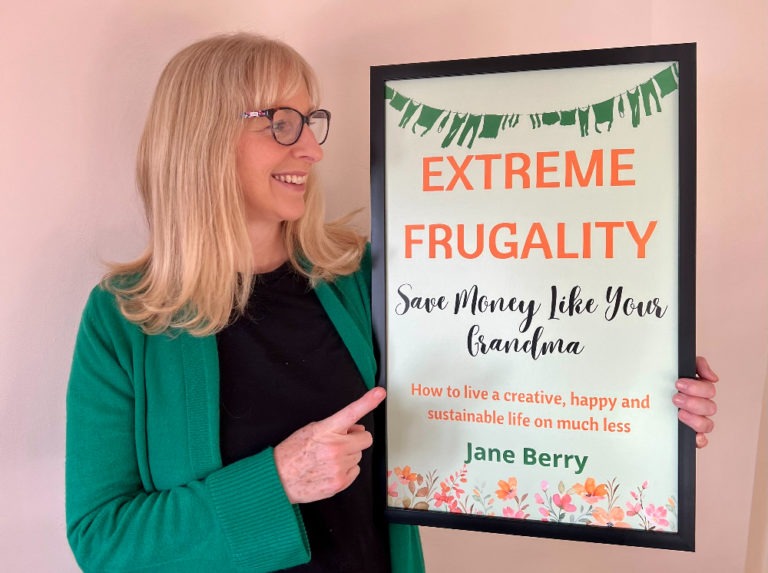Money Rules: Make a spreadsheet to create a money map
Money Talk is intended to inform and educate; it's not financial advice. Affiliate links, including from Amazon, are used to help fund the site. If you make a purchase via a link marked with an *, Money Talk might receive a commission at no cost to you. Find out more here.
Last month, Shoestring Cottage’s Jane Berry shared how she tracked everything to help manage her spending.
It’s a money rule that she started following in 2009, and one that she continues to follow.
But Berry likes to do it old school – by recording everything in a notebook.
This month’s money rule takes a digital spin on the same idea: make a spreadsheet to create a money map.
It comes from Edmund Greaves, a personal finance expert and editor of money blog Mouthy Money
He says: “Spreadsheets are the easiest way to map out your money, and I make spreadsheets for basically everything from household bills to building savings or paying off debt.
“I’ve become so nerdy about it that the sheet has its own formulas and weightings. It’s the only way I get anything done with my money.”
Here he explains why it’s his number one money rule.
When did you start this rule and why?
When I first moved to London in 2016, I was on a tiny starter wage; I quickly learned I had to be completely meticulous with my money to make sure it went far enough.
I got into credit card debt to be able to support myself – I had no help from any family – and this was a mistake which I am still paying off.
Once I started budgeting with a spreadsheet, I was able to stop using debt to get by.
Why is this your number one money rule?
So much of what happens with our finances is ultimately out of our control, but being able to make the most out of what you do have is a huge power to have.
I use a spreadsheet rather than a notebook so I can continually update and track my costs and manage my incomings and outgoings, which vary month to month.
How does the rule work in practice?
I keep track of my income and outgoings, such as mortgage, bills and other costs, on a self-made spreadsheet.
It has formulas built in to tell me exactly how much money I have for things like discretionary spending and savings.
When I first started, I used the 50/20/30 rule for apportioning my costs.
This is basically a budgeting rule that says you should spend 50% of your income on fixed costs such as bills and mortgage, 20% on savings or paying off debt, leaving 30% for discretionary spending such as eating out, shopping etc.
I don’t stick to that anymore as it’s no longer applicable to my lifestyle – basically spreadsheets make it easy to adapt to changing lifestyles.
How has it helped you manage your money?
Having spreadsheets helped me to forecast my own cashflow so that last year I was able to save for a house deposit and a wedding, paid (almost) entirely out of my wife and I’s own pockets.
I never would have been able to do those two things without planning for it meticulously.
Are there any downsides?
It’s probably not a downside per se but because my wife earns less than I do, in the interest of fairness I have adapted the formula so that we only spend a proportional amount of our incomes on our costs.
This means between our combined incomes I end up paying around 67% of the bills and she pays 33%. I end up saving more money each month, but we have the same spending money.
Finally, do you have any other hints and tips?
Avoid debt at all costs.
Not mortgages because you need one to own a home, but credit cards, payday loans, BNPL or any other short-term expensive credit.
It is toxic and you’ll find yourself buried in payments. It snowballs so quickly it is terrifying.







